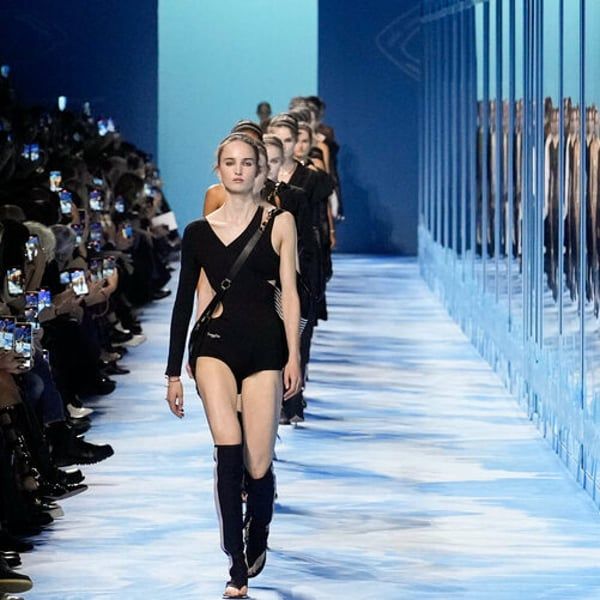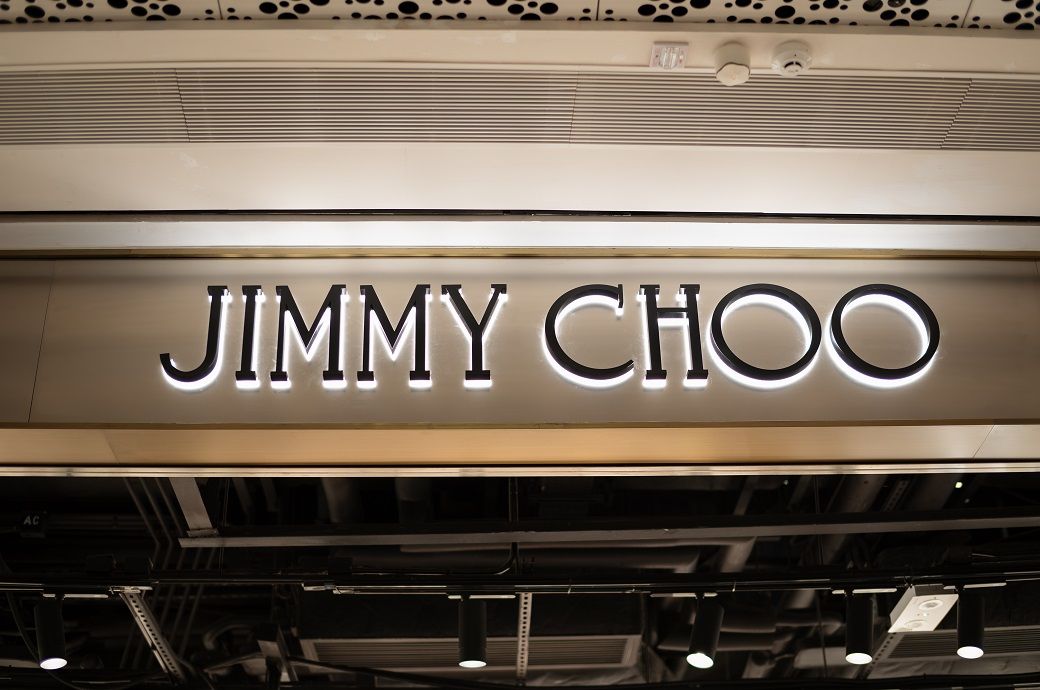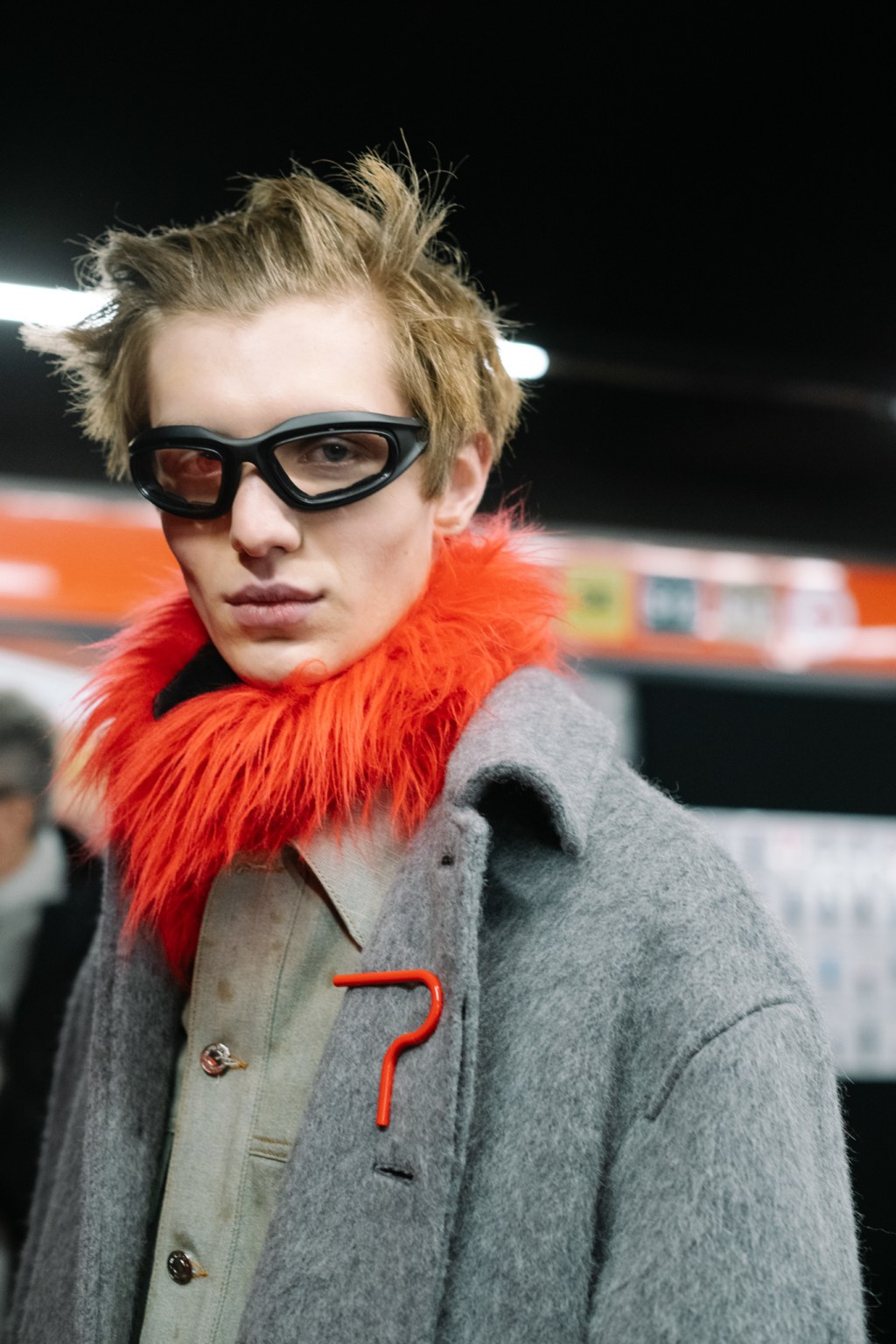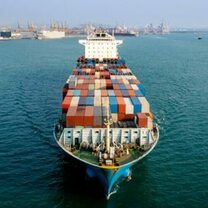By
Reuters
Published
January 1, 2025
Dior's LVMH-owned manufacturing arm in Italy, Manufactures Dior, relied on formal inspections to assess labor and safety standards within its supply chain last year. In some cases, such certifications overlooked obvious problems, according to a Reuters review of unpublished court documents.
AZ Operations, a Manufactures Dior subcontractor responsible for the production of leather goods and based near Milan, the Italian fashion capital, was accused by Italian prosecutors in June of being a front for an operation that exploited workers.
However, AZ operations passed two environmental and social inspections in 2023, in January and July, according to unpublished audit documents reviewed by Reuters.
Widespread investigations in Milan have uncovered poor practices within the Italian luxury goods supply chain of Dior, Giorgio Armani and Alviero Martini this year, Reuters previously reported.
The audit documents, along with court documents, Reuters interviews with more than two dozen luxury workers, auditors, supply chain managers, suppliers, lawyers, industry experts, executives and union representatives reveal the pervasive of ineffective controls on social and environmental standards within. Italy's extensive luxury supply chain.
In the case of AZ Operations, a three-page assessment on letterhead from compliance management company Fair Factories Clearinghouse (FFC), conducted by monitor Adamo Adriano on January 18, 2023, indicated that AZ Operations had no subcontractors. The audit did not detect any irregularities.
In July 2023, a new audit carried out by Davide Albertario Milano srl, a large direct supplier to Manufactures Dior working with AZ Operations, also found “non-conformities” and certified that the work had been carried out to a high standard and in accordance with the contracts. terms.
Despite passing audits, a police investigation into its activities in 2023 found that AZ operations were “de facto non-existent,” according to Milan court documents. Additionally, police inspections in April 2024 alleged that the company was a front for an independent company, New Leather Italy, that exploited undocumented workers in conditions similar to those of a clandestine factory, the same documents showed.
That discovery was one of the factors that led Milan prosecutors to place Manufactures Dior under receivership in June.
Dior and LVMH did not respond to multiple requests for comment on Reuters' findings, including the audits, and on the inspection process of third-party manufacturers in Italy.
In a July statement following revelations from Milan prosecutors' investigations, Dior said it strongly condemned illegal practices uncovered at two of its contractors, saying such undignified acts contradicted “its values and the code of conduct signed by these suppliers.” “.
“Aware of the seriousness of the violations committed by these suppliers and the improvements that must be made to their controls and procedures, the Dior house is collaborating with the designated Italian administrator and the Italian authorities,” the French brand also stated then.
Dior adds in the statement that its teams are working hard to reinforce existing procedures: “Despite regular audits, these two suppliers evidently managed to hide these practices.”
FFC and Adamo Adriano did not respond to Reuters' attempts to contact them. Davide Albertario did not respond to Reuters questions about inspections at the AZ operations. New Leather Italy did not respond to a Reuters request for comment.
Global luxury groups, including LVMH, typically outsource most of their production to a large number of outside contractors, industry experts say.
Many are based in Italy, famous for its artisanal skills and which accounts for 50% to 55% of global production of luxury clothing and leather goods, consultancy Bain estimates.
“No matter how many checks we do, there is always something we miss,” Renzo Rosso, founder of Italian fashion group OTB, which makes Diesel clothing, said at a business event in September, referring to the complexity of overseeing the supply chain. from Italy.
Despite the risks, experts and insiders told Reuters that relying on suppliers is a deliberate strategy to keep costs down and manage demand.
“The fashion business model is driven by cost-cutting tactics, leading fashion brands to switch suppliers,” said Hakan Karaosman, an associate professor at Cardiff University whose research focuses on sustainability. of the supply chain.
Although Dior did not directly abuse the workers, the mechanism of labor exploitation “was culpably driven by Manufactures Dior srl which… failed to carry out effective inspections or audits over the years to determine the actual working conditions and environment “Milan prosecutors said. in June court documents.
There is currently no firm legal requirement in Italy for luxury groups to audit their suppliers. But poor oversight can clash with sustainability claims made to investors and consumers about craftsmanship and corporate and social responsibility standards, leading to reputational risks and, in some cases, civil liability if worker exploitation occurs. found within the supply chain.
LVMH, for example, said in its 2023 Social and Environmental Responsibility Report that it “strives to ensure that its suppliers and service providers respect human rights and support them in implementing the best possible employment, health and safety conditions.” “.
Investigations into Italy's luxury supply chain have led some LVMH shareholders to call on the $330 billion giant, owned by French billionaire Bernard Arnault, to better monitor how its contractors treat workers.
LVMH told a group of investors in November that it was auditing all of its direct suppliers and immediate contractors. In a subsequent statement to Reuters in November, LVMH said it had conducted more than 2,600 on-site audits worldwide this year.
Italy's antitrust authority said in July it was investigating whether Dior and Armani had misled consumers.
In July, Armani expressed confidence in a “positive outcome following the (antitrust) investigation,” saying in a statement that his companies were fully committed to cooperating with authorities and that he believed the allegations were unfounded.
Brands dictate the depth of controls and scope of action by auditors, and inspections are often limited to direct suppliers and not subcontractors, where the biggest problems typically lie, four auditors and supply chain managers said. of luxury goods that Reuters spoke to.
Audits tend to be planned in advance, allowing suppliers to get a better look by, for example, clearing facilities of workers without proper contracts, these people said.
On May 9, 2023, for example, external auditor Adamo Adriano sent Pelletterie Elisabetta Yang, another supplier to Manufactures Dior based near Milan, a written notification stating that he would conduct an inspection on May 26, 2023, they show. audit documents reviewed by Reuters. .
In the notice, Adriano asked to analyze employment contracts, organizational charts, payrolls and a dozen other documents.
The monitoring was carried out, but it was “more formal than substantive,” investigators wrote of the audit. The evaluation did not reveal any irregularities.
In March 2024, police entered Elisabetta Yang's workshop, which also housed a refectory and several bedrooms. They found 23 workers, five of whom were irregular. The workers lived and worked “in hygiene and health conditions below the minimum required,” the court documents read.
Adriano did not respond to Reuters requests for comment on Elisabetta Yang's audit. Reuters was unable to contact Elisabetta Yang at the official email addresses cited by the local chamber of commerce.
As private players, auditors cannot freely access factories or workshops outside agreed hours and cannot collect documents that are not spontaneously presented by suppliers, two Italy-based luxury supply chain auditors told Reuters.
The time allotted for on-site inspections is often too short to examine documents and interview employees, these people say.
Five workers at a Tuscany-based luxury chain employed in separate workshops serving major brands confirmed to Reuters that the workshop owners knew ahead of time of the audits and would clarify their facilities and prepare staff on what responses to give to the audits. monitoring equipment on the day of an inspection.
All declined to be identified for fear of losing their jobs.
“We used to say that we only worked four hours a day, according to our (formal) part-time contract,” said Pakistan-born Abbas, who works at the Prato leather production center.
“But how can they think that we manufacture 1,300 bags a day with 50 workers employed only four hours a day?” added Abbas, who stated that he worked 14 hours a day, six days a week.
On the day of the audit, employees on part-time contracts were asked to leave as soon as they finished their formal shift, but had to return and continue working after the auditors left, he added.
Another worker, also from Pakistan and employed at an independent leather workshop in the Florence area, said the factory owners warned workers when the inspection would take place and asked them to lie about their working hours.
Fabio Roia, president of the Milan Court, told Reuters that companies do not invest enough in their control systems and typically do not question the extremely cheap prices that contractors offer to provide goods or services.
Small fashion brand Alviero Martini, famous for its leather bags decorated with geographic map patterns, was also the target of Italian investigations for allegedly outsourcing work to Chinese-owned companies in Italy that mistreated workers.
The Alviero Martini group was “careful in selecting direct suppliers… but the use of sub-suppliers was not really adequately controlled,” Ilaria Ramoni, who worked as a receiver and oversaw its operations until October, said in an interview.
The group, which is no longer under receivership, did not respond to a request for comment. In September it said it was unaware of illegal behavior occurring within its supply chain.
Dior and Armani remain under special judicial supervision as part of the Milan investigation into labor exploitation.
© Thomson Reuters 2025 All rights reserved.











